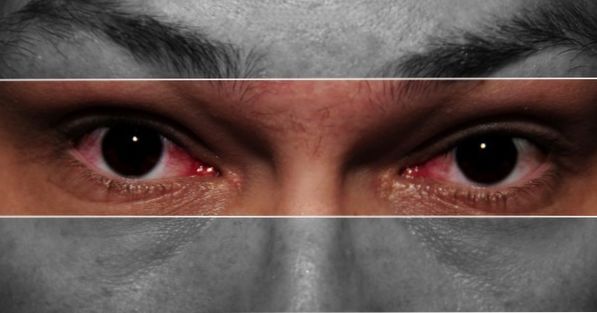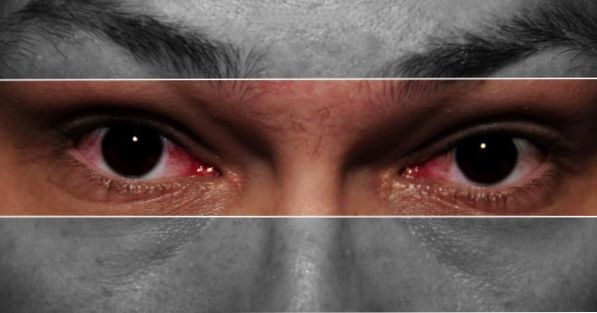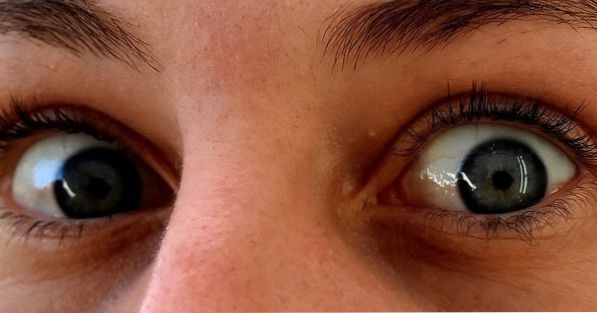Narcissistic personality disorder is characterized by behaviors, feelings or fantasies of grandeur. They are people with an intense need for admiration, but at the same time they manifest great lack of empathy by others.
The symptoms of narcissistic personality disorder begin to manifest in early adulthood in various types of contexts and situations.
Greatness
People with this kind of personality disorder have an idea of greatness about themselves, hoping to be recognized with praise in their activities and talents, but not properly on a higher level in what they do.
Narcissistic individuals often worry about fantasies of love, ideas, success, intelligence, power and beauty.
"Special and Unique"
They also believe that they are special and unique and that only other special or "superior" people can understand them, so it is with them that they think they should relate.
Envy
Narcissists think they are constantly subject to alien envy, even though they are themselves envious in many situations. It is also common to be arrogant and insolent.
Presumption
Another striking feature of narcissistic personality disorder is presumption, that is, they are constantly waiting for automatic obedience or special treatments on the part of other people.
Explorers
Narcissistic people are often exploiters in personal relationships, seeking to take advantage of others to achieve what they want, in addition to manifesting behaviors
Their lack of empathy manifests itself in the difficulty of putting themselves in the place of others, reluctant to identify or recognize the emotions, needs, needs and feelings of others.
Treatment
Treatment for narcissistic personality disorder may include the use of medications, psychotherapy, family therapy, and changes in routines.
THE psychotherapy plays a key role in the response to treatment, as it helps the person to identify his or her distorted thoughts and watch over them, favoring the development of self-control.
The duration of treatment can take years and requires effort on the part of the patient and the therapist. In addition, people with personality disorders are often reluctant to accept psychotherapy, so results may be limited and unsatisfactory in some cases.
The medicines used to treat narcissistic personality disorder are used to control mental disorders that may be associated with narcissism, such as depression, psychosis, anxiety, and others.
People with symptoms of personality disorders should be evaluated by a medical psychiatrist who will diagnose the disorder and guide the treatment as appropriate.
Learn more at:
What are the symptoms of personality disorder?
What are the symptoms of personality disorders?
Is Personality Disorder a Mental Illness?
What is the treatment for personality disorders?









